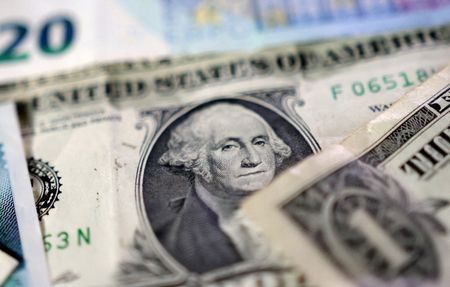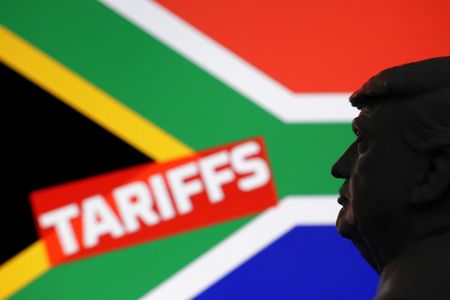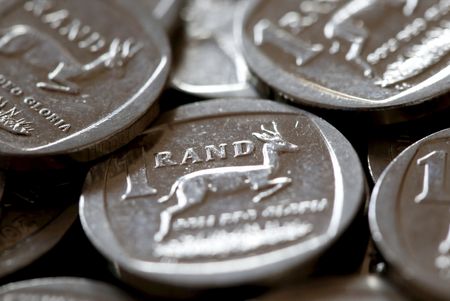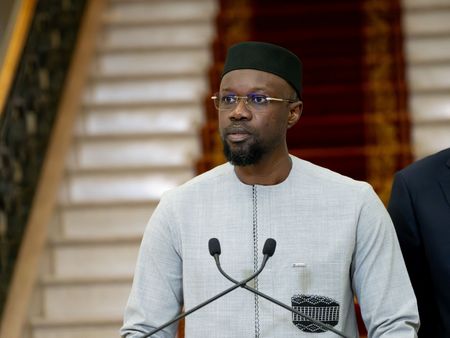By Enes Tunagur
LONDON (Reuters) -Oil prices fell to their lowest in a week on Monday after OPEC+ agreed to another large output increase in September, though traders remained wary of further sanctions on Russia.
Brent crude futures fell $1.17, or 1.7%, to $68.50 a barrel by 1127 GMT. U.S. West Texas Intermediate crude declined $1.26, or 1.9%, to $66.07. Both contracts lost about $2 on Friday.
The Organization of the Petroleum Exporting Countries and its allies, together known as OPEC+, agreed on Sunday to raise oil production by 547,000 barrels per day (bpd) for September.
The latest in a series of accelerated output increases aimed at capturing market share was in line with market expectations and marks a full and early reversal of the group’s largest tranche of output cuts, amounting to about 2.5 million bpd, or about 2.4% of global demand.
Oil prices are under pressure because of the OPEC+ decision, said PVM analyst Tamas Varga, adding that potential discussions to unwind a further 1.65 million bpd of cuts added to the downside price pressure.
Analysts at Goldman Sachs expect that the actual increase in supply from the eight OPEC+ countries that have raised output since March will be 1.7 million bpd because other members have cut output after overproducing.
Investors also continued to digest the impact of the latest U.S. tariffs on exports from dozens of trading partners and remain wary of further U.S. sanctions on Russia.
U.S. President Trump has threatened to impose 100% secondary tariffs on Russian crude buyers as he seeks to pressure Moscow into halting its war in Ukraine.
“In the medium term, oil prices will be shaped by a mix of tariffs and geopolitics. Any price jump triggered by energy sanctions is expected to be ephemeral,” PVM’s Varga said.
At least two vessels loaded with Russian oil bound for refiners in India have diverted to other destinations after new U.S. sanctions, trade sources said on Friday and LSEG trade flows showed.
About 1.7 million bpd of crude supply will be at risk if Indian refiners stop buying Russian oil, ING analysts wrote.
However, two Indian government sources told Reuters on Saturday that the country will keep purchasing oil from Russia despite Trump’s threats.
(Reporting by Enes Tunagur and Florence TanEditing by Emelia Sithole-Matarise and David Goodman)








